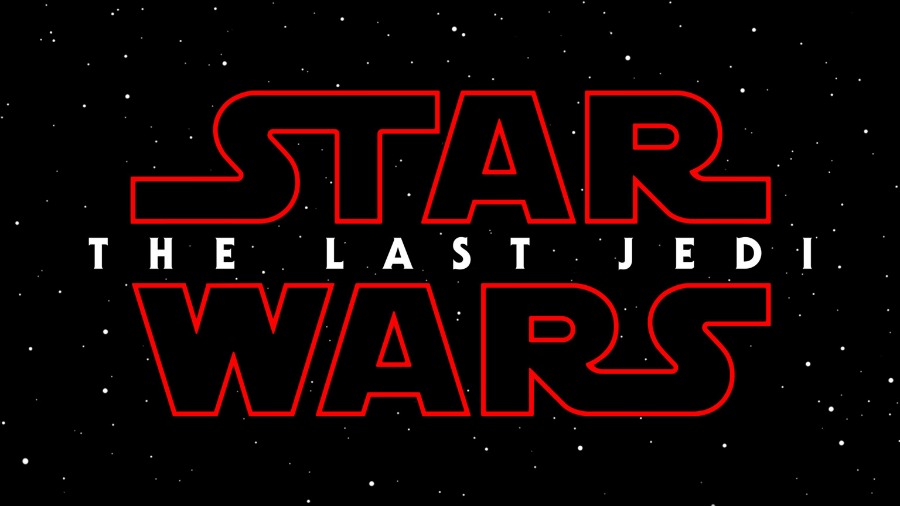AUDIE CORNISH, HOST:
Earlier this week, President Donald Trump signed a bill that could encourage states to withhold federal money from Planned Parenthood. Democrats and women’s health advocates say it will make it harder for women to get the health care they need. NPR health policy correspondent Alison Kodjak joins us now to talk more about it. Hey there, Alison.
ALISON KODJAK, BYLINE: Hey, Audie.
CORNISH: So the new law – and you’ve just read it – is just about two paragraphs, right? What exactly does it do?
KODJAK: Yeah, so if you step back a little, the federal government under this law called the Public Health Services Act is required to provide family planning services to low-income women across the country, and they do that by giving grants to states largely. Planned Parenthood is pretty central to that. They have clinics all over the country.
And you know, in recent years, Republicans who are opposed to abortion have become much more hostile toward Planned Parenthood because in some of its clinics, it does provide abortions. So just before President Obama left office, he finalized this rule that essentially says states cannot discriminate against Planned Parenthood when it gives out money for family planning services. And that was really just an extra layer of protection because the underlying law already says that. What President Trump did this week is, he reversed President Obama’s rule.
CORNISH: Can you tell us more about the states where this could have real impact?
KODJAK: Well, it depends a little bit on the make-up of the states, obviously. It’s states that are run by Republican legislatures with Republican governors who are likely to support this kind of legislation. States with rural – a lot of rural areas are likely to see a lot of impact because these clinics aren’t everywhere. So if Planned Parenthood is the closest clinic where you can get family planning services – and when I say that, I’m talking about pap smears, mammograms, birth control and in some cases obviously abortions – you might have to travel very far to get those services. You might not get them at all.
Texas, a few years ago, actually pulled out of this system altogether. They created a state-level family planning system because they did not want to fund Planned Parenthood clinics. And the result was, after a couple of years, childbirth paid for by Medicaid – which is the population that these Planned Parenthood clinics often serve – rose by 27 percent.
CORNISH: So if the money doesn’t go to Planned Parenthood, it sounds like you’re saying it’s not that easy just to, like, pass it off to other doctors and clinics.
KODJAK: No, it’s not that easy. State lawmakers say that that’s what they can do. They can give it to community health centers. They can give it to other types of clinics. They can give it to hospitals. But most of those providers are already pretty overtaxed. They’re very busy. They’re dealing with large populations of people who have great need. And across the board, providers and experts who look at this say that they don’t have the capacity to absorb all the patients that Planned Parenthood now serves.
CORNISH: In the meantime, any concerns over at Planned Parenthood about their business as a result of this?
KODJAK: Well, they’re not in danger broadly of going out of business. The real issue of the impact on women who depend on Planned Parenthood for the women’s health care. They’re going to have to find a new provider, or perhaps they won’t get the care at all. And really this is part of an overall trend among Republican legislators and President Trump who’ve been showing a lot of hostility towards women’s reproductive health.
In the debate over the repeal of the Affordable Care Act, there was an ongoing question of whether or not health insurance should actually have to cover maternity care and pregnancy and childbirth. And then there’s also been this ongoing debate over the years about whether or not birth control should be covered at all. So the concern is that this is part of this ongoing trend in rolling back access to women’s health broadly in this country.
CORNISH: That’s NPR health policy correspondent Alison Kodjak. Alison, thank you.
KODJAK: Thanks, Audie.
(SOUNDBITE OF MONMA SONG, “BREAKFAST”)
Copyright © 2017 NPR. All rights reserved. Visit our website terms of use and permissions pages at www.npr.org for further information.
NPR transcripts are created on a rush deadline by Verb8tm, Inc., an NPR contractor, and produced using a proprietary transcription process developed with NPR. This text may not be in its final form and may be updated or revised in the future. Accuracy and availability may vary. The authoritative record of NPR’s programming is the audio record.





